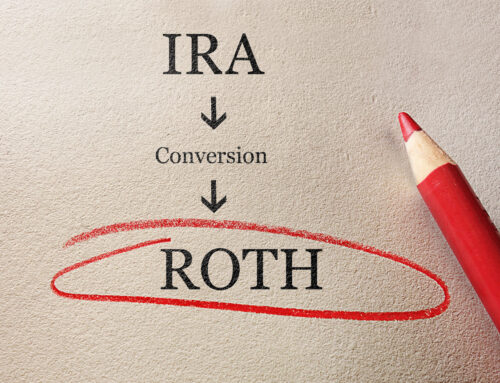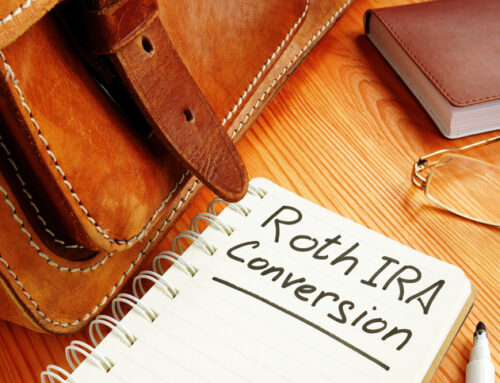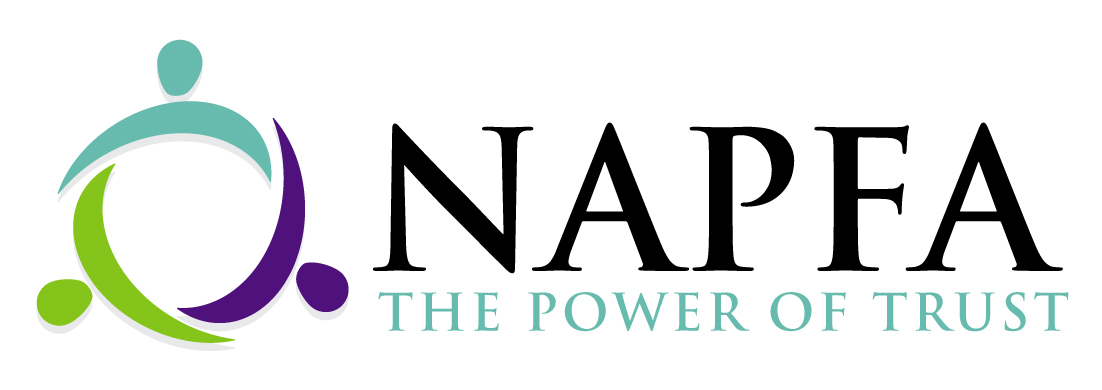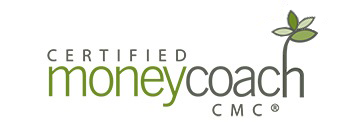Budgeting for health care during retirement depends largely on your age and overall health. However, it is important to plan ahead as the cost of health care will likely increase as you age. According to the U.S. Bureau of Labor Statistics, those 65 and older, on average, spend over $4,000 per month.
Medicare is often misunderstood as a way to pay for all of your health care expenses in retirement. Although Medicare can pay for some health care expenses with limitations, it does not cover long-term care. Original Medicare, also referred to as Parts A and B, does not cover dental and vision care. Medicare Advantage plans are offered through private insurers who are Medicare-approved. These plans generally cover the same costs that Original Medicare does, along with Part D prescription drug coverage. Some plans may also extend coverage to include costs associated with vision, dental, and hearing.
If you are not yet enrolled in Medicare, a Health Savings Account (HSA) is a great way to save money for retirement health care costs. These are available with high-deductible health plans (HDHPs) and offer triple tax advantages:
- Contributions are tax-deductible
- Growth is tax-deferred
- Qualified medical expenses are paid tax-free
HSA funds can help pay for certain medical premiums including Medicare premiums and long-term care insurance premiums. Those 55 and older can make a $1,000 catch-up contribution per year in addition to the maximum contribution limit.






















